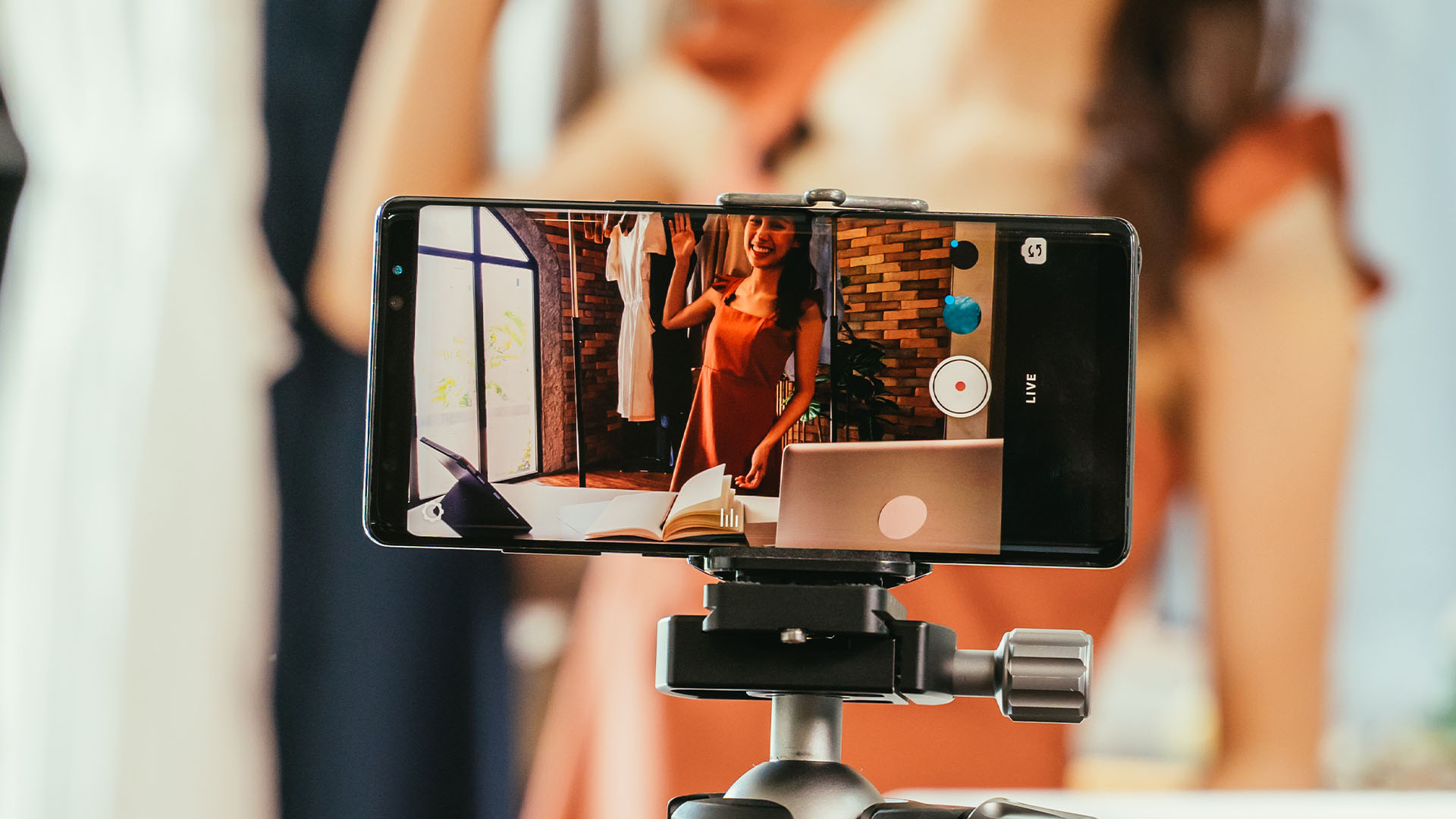Control of digital influencer marketing in relation to consumer market companies
Mar 20, 2024

There is no stronger form of advertising than a genuine and authentic personal recommendation from a trusted friend who knows you well; it is the age-old form of marketing known as “word of mouth”. Upon entering the social media age, word-of-mouth marketing took on a whole new form. The rise of the “influencer” began and along with that, came many new and old challenges.
Many fail to appreciate that influencer marketing is usually subject to laws which apply generally to advertisers and suppliers of consumer products. Additionally, given the global reach of social media, there is a plethora of laws, regulations and codes of conduct which could apply to influencers and those partnering with them. Until relatively recently, influencers functioned largely unchecked and unregulated. However, the tides have begun to turn given influencing has become recognised as an established and valuable industry - both regulators and competitors alike now actively scrutinise influencer content.
The type and level of input and control asserted by brands can be wildly varied. On one end of the spectrum, influencer marketing may be more closely aligned with celebrity sponsorships, where the brand owner can, in exchange for significant payment, prescribe the outputs of the service arrangement. For example, the advertiser can set mandatory copies to be used by an influencer, guidelines on content to be included (e.g. scenes on unboxing, or showcasing of key features of a product), and require approval and editing rights.
Confusingly, influencers may also produce content recommending products even though the content is entirely unsolicited by the relevant brands. This is often done as part of the influencer developing their follower base and to showcase their content style to potential advertisers. In this context it can be difficult for consumers to discern between genuine recommendations and paid-for advertising (which can include ‘freebies’ or ‘gifts’). Given that the persuasive power of an influencer is so tied to the authenticity of the message, transparency of advertising has been prioritised by consumer protection, advertising and competition regulators worldwide.
Source: nortonrosefulbright
